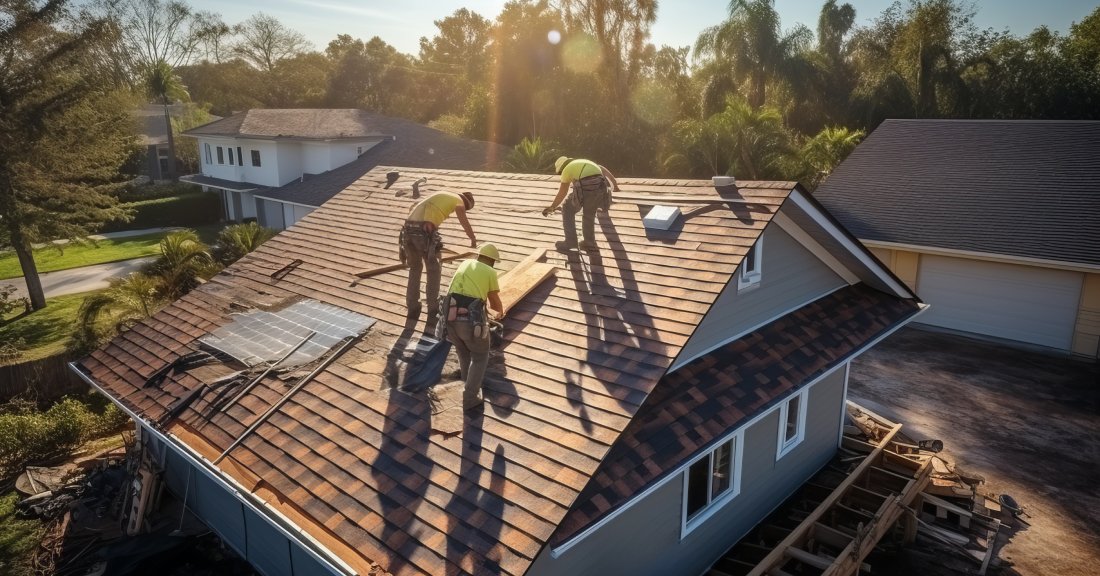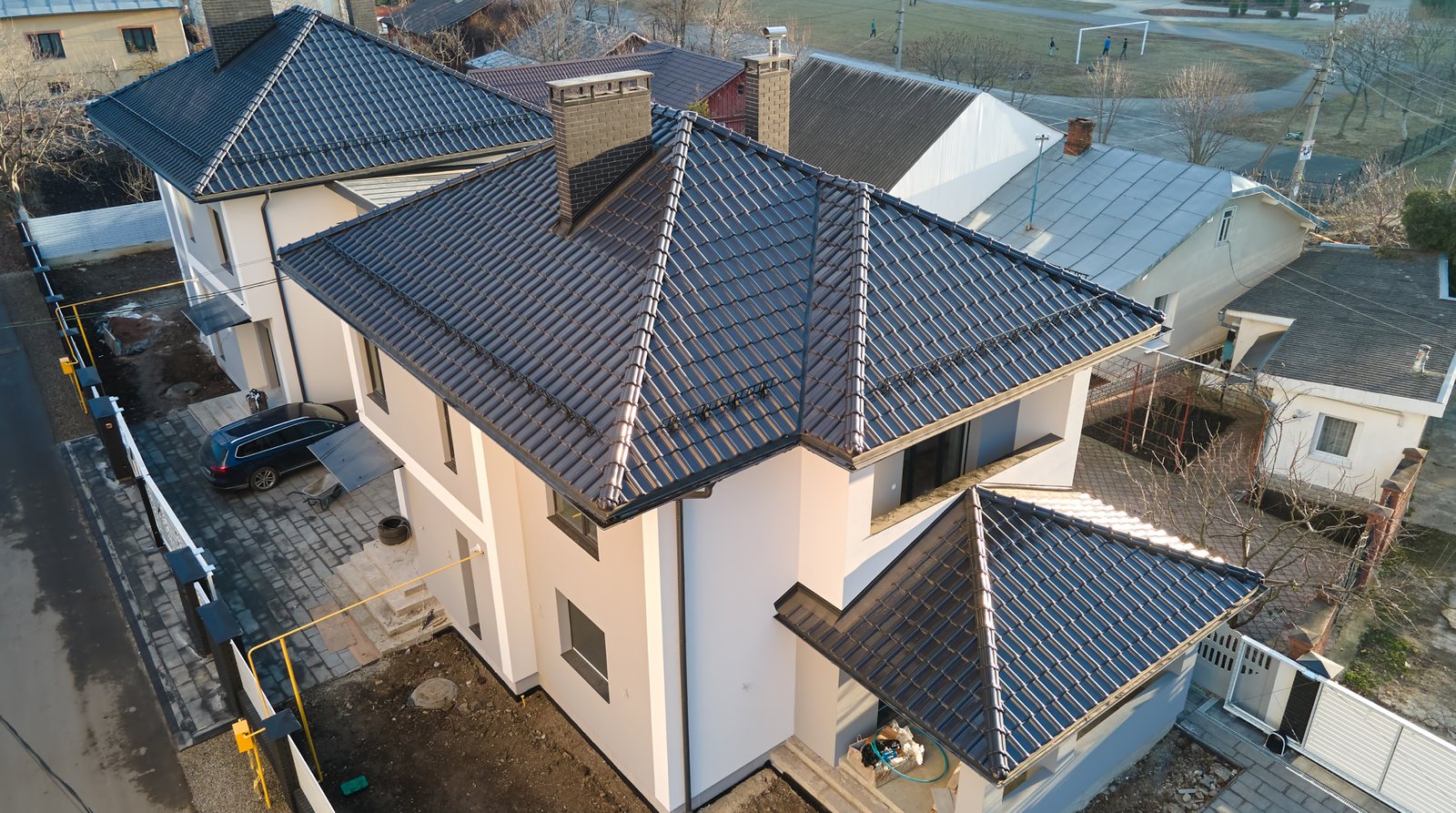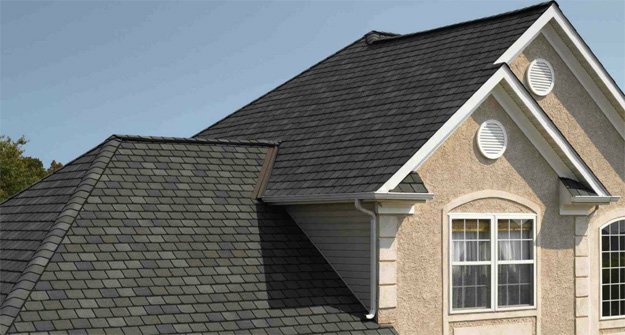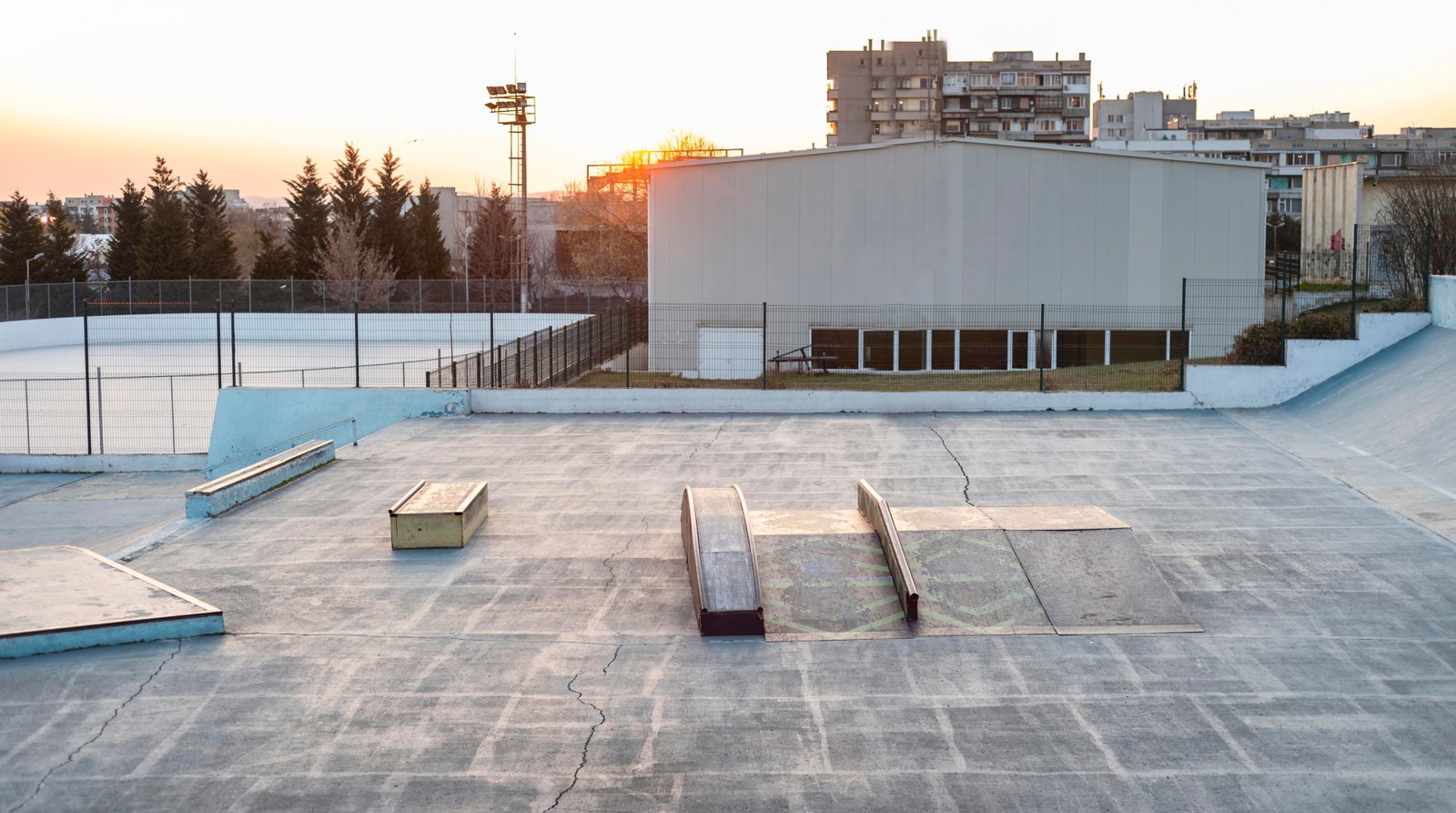Introduction: Planning Your New Roof Installation Budget in Alabama
Deciding to install a new roof in Alabama is a big step, and understanding the costs involved is key. Alabama’s climate, with its mix of humid summers, storm risks, and seasonal fluctuations, means that roofs here need to be durable and well-maintained. Whether it’s a new installation or a complete roof replacement in Alabama, planning your budget ahead is essential to make informed choices that fit both your needs and pocket. This guide covers everything from average costs and materials to the pros and cons of DIY versus professional installation, giving you a full picture of what to expect.
Why Is Roof Replacement Important?
Roof replacement is an investment that not only enhances your property’s value but also strengthens its structural integrity. Alabama’s climate can be demanding, so an older roof or one in disrepair can lead to issues like water leaks, insulation problems, and even energy loss. Whether it’s for residential roofing in Alabama or commercial roofing in Alabama, regular replacement is a necessity, especially if your roof is over 15 years old.

What Does a New Roof Cost on Average in Alabama?
The cost of a new roof in Alabama generally ranges from $8,000 to $16,000, with variations based on materials, roof size, and structure type. Here’s an approximate range for different roofing materials:
- Asphalt Shingles: $3,500 – $8,500
- Metal Roofing Alabama: $9,000 – $20,000
- Tile Roofing: $12,000 and up
These figures provide a rough estimate; however, additional factors like labor, permits, and specific material choices will affect the final cost.
Key Elements That Influence the Cost of a New Roof
The cost of a roof replacement is not just about materials. Here are the main factors that impact your total budget:
- Roof Size & Design Complexity: The larger and more complex the roof, the higher the cost.
- Labor Costs: Labor rates vary by location; expect rates to be higher in urban areas.
- Old Roof Removal: Removing and disposing of the old roof adds extra labor costs.
- Permits & Inspections: Required in most Alabama counties, these add to the overall expense.
- Roof Damage Repair Alabama Needs: Repairs, if needed, prior to installation will affect costs.
Additional Features That Add to Roof Replacement Costs
Some additional elements might increase the cost of a roof replacement. For instance, adding insulation, installing high-quality underlayment, or reinforcing the structure for high wind resistance can lead to a better, more durable roof but at an added expense. For Alabama properties in areas prone to severe weather, these upgrades can provide significant long-term value.
Material Costs for a New Roof in Alabama
Material choice is a major cost factor. Here’s a quick look at some common materials and their price ranges:
- Shingle Roofing Alabama: Widely used for its affordability and moderate durability.
- Metal Roofing: Known for its resilience and energy efficiency, particularly in hot climates.
- Tile Roofing: Offers durability and aesthetic appeal but is more costly.
Each material has different benefits, so balancing budget and durability requirements will help in making the best choice for your roof replacement in Alabama.
Roof Repair or Replacement: What’s the Better Choice?
Deciding whether to repair or replace your roof depends on the roof’s age and damage level. Minor damages like small leaks or shingle replacement can be cost-effectively handled through repairs, saving you money in the short term. However, for older roofs or those with extensive damage, replacement can be more economical in the long run.
Common Roof Repairs and Their Costs in Alabama
Here’s a rundown of typical roof repairs and their costs:
- Shingle Roof Repair Alabama: $150 – $500
- Leak Repair: $300 – $600
- Flashing Repair: $200 – $450
These repairs can often extend your roof’s life and postpone the need for a full replacement.

Signs You Need a Roof Replacement
Keep an eye out for these warning signs that may indicate it’s time to replace your roof:
- Persistent Leaks: Ongoing leaks can lead to structural damage.
- Shingles That Are Curling or Missing: Signals that the roof is aging.
- Sagging Roof Deck: A significant structural issue requiring replacement.
If you notice these signs, it’s likely time to consider a roof replacement rather than repairs.
DIY vs. Professional Roof Replacement in Alabama
In Alabama, some homeowners may consider DIY roof replacement, especially for smaller, single-story homes. However, professional roofing contractors in Alabama bring experience, safety measures, and expertise that ensure quality results. Here’s a comparison:
| Aspect | Professional Replacement | DIY Replacement |
| Cost | Higher cost but includes warranty | Lower initial cost but lacks a warranty |
| Quality | High-quality, professional finish | Quality varies based on skill level |
| Safety | Managed by trained professionals | Higher risk for DIY without proper gear |
Choosing the Right Roofing Contractor in Alabama
Selecting a skilled and reliable contractor is key to a successful roof replacement. Look for local roofing contractors in Alabama who have experience with the materials and climate conditions specific to the region. A reliable roofing company in Alabama should be licensed, insured, and have a strong reputation. Ask for detailed quotes, review past work, and ensure clear communication throughout the project.
Conclusion
Budgeting for a new roof requires careful planning and a good understanding of all the factors involved, from material choices to contractor selection. Whether you’re leaning toward residential roofing in Alabama or seeking a commercial roofing contractor in Alabama, knowing your options and making informed choices will help you invest in a roof that stands strong against Alabama’s unique climate challenges. With the right approach, you’ll achieve a roof that adds value, durability, and protection to your home for years to come.
 +1 877 9264249
+1 877 9264249









